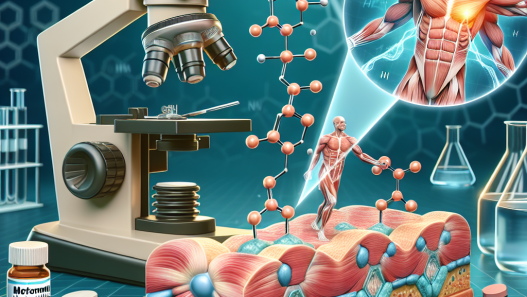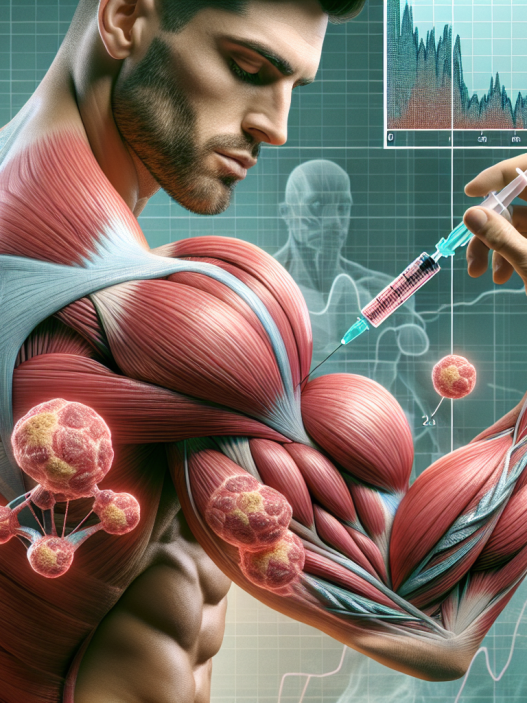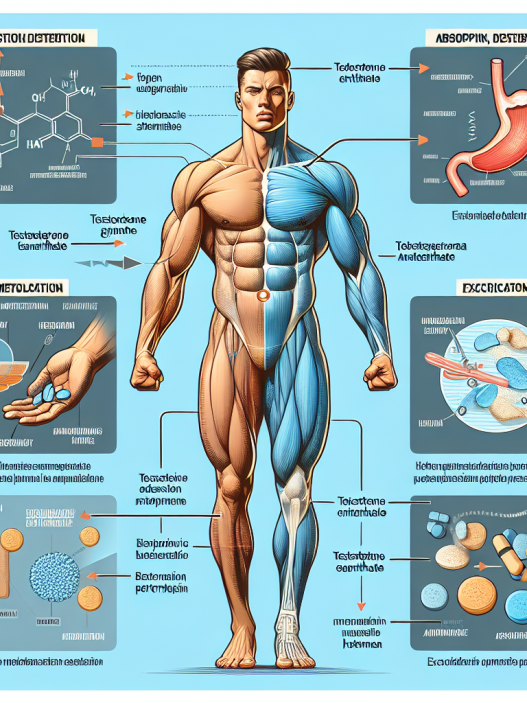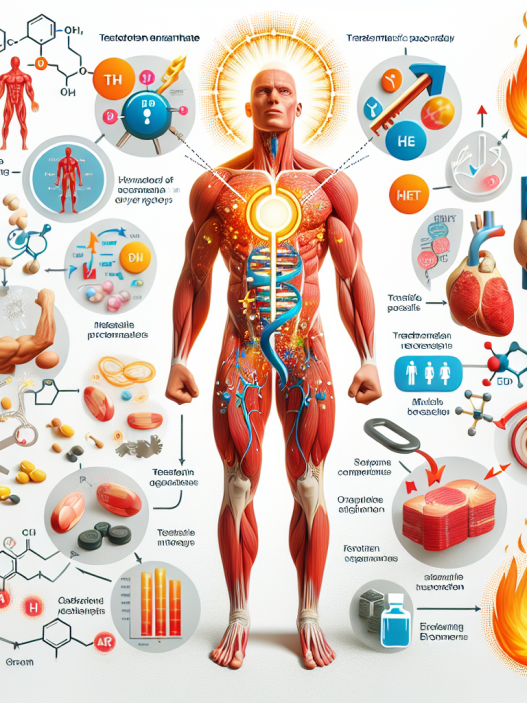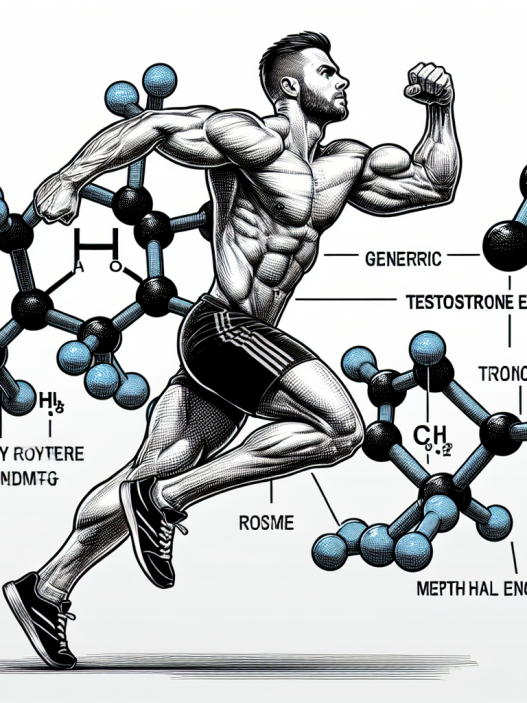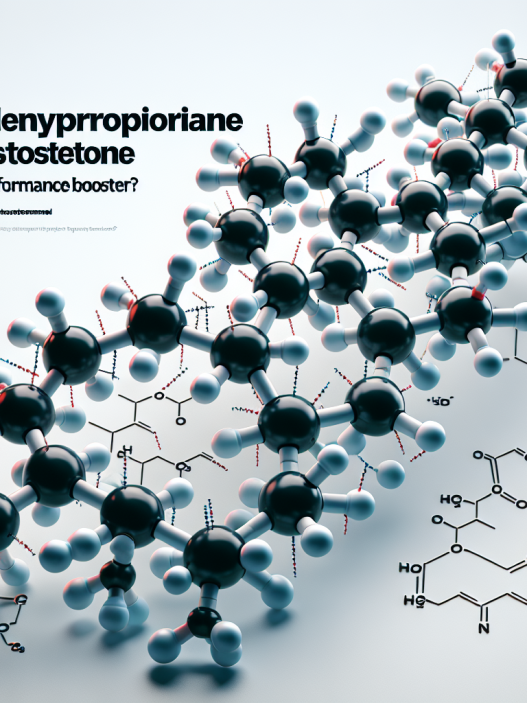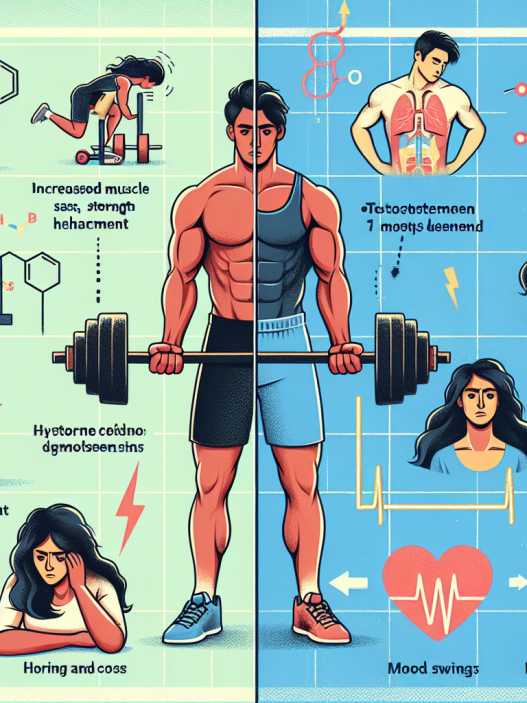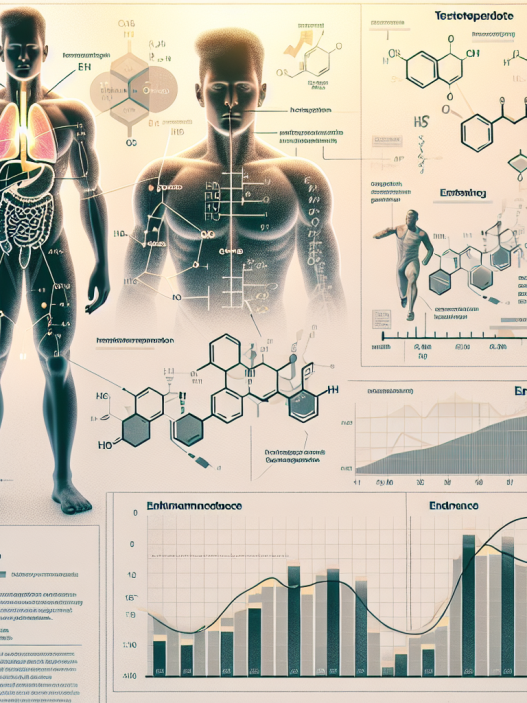-
Table of Contents
Utilizing Testosterone Cypionate for Athletes’ Physical Recovery
In the world of sports, physical recovery is a crucial aspect of an athlete’s performance. The ability to bounce back from intense training sessions and competitions is what sets top athletes apart from the rest. While there are various methods and techniques used for recovery, one substance that has gained attention in recent years is testosterone cypionate.
The Role of Testosterone in Athletic Performance
Testosterone is a naturally occurring hormone in the body that plays a significant role in the development and maintenance of male characteristics. It is also present in females, but in smaller amounts. In addition to its role in sexual development, testosterone also has an impact on muscle growth, bone density, and red blood cell production.
In the world of sports, testosterone is often associated with performance-enhancing effects. This is because it has been shown to increase muscle mass, strength, and endurance. However, the use of exogenous testosterone, or testosterone that is not produced by the body, is prohibited in most sports organizations due to its potential for abuse and unfair advantage.
The Benefits of Testosterone Cypionate for Recovery
Testosterone cypionate is a synthetic form of testosterone that is commonly used in hormone replacement therapy for men with low testosterone levels. However, it has also gained popularity among athletes for its potential benefits in physical recovery.
One of the main benefits of testosterone cypionate is its ability to increase protein synthesis, which is essential for muscle repair and growth. This means that athletes who use testosterone cypionate may experience faster recovery times and increased muscle mass.
Additionally, testosterone cypionate has been shown to have anti-inflammatory effects, which can aid in the recovery of muscle and joint injuries. This is especially beneficial for athletes who engage in high-impact sports that put a lot of strain on their bodies.
Pharmacokinetics and Dosage
Testosterone cypionate is administered via intramuscular injection and has a half-life of approximately 8 days. This means that it stays in the body for a longer period compared to other forms of testosterone, such as testosterone propionate, which has a half-life of 2-3 days.
The recommended dosage for testosterone cypionate varies depending on the individual’s needs and goals. In hormone replacement therapy, a typical dose is 100-200mg every 2-4 weeks. However, for athletic purposes, higher doses may be used, ranging from 200-1000mg per week. It is important to note that these doses are significantly higher than what is considered safe and legal for medical use.
Real-World Examples
There have been several high-profile cases of athletes using testosterone cypionate for recovery purposes. One notable example is former professional cyclist Lance Armstrong, who admitted to using testosterone cypionate as part of his doping regimen. Armstrong claimed that the substance helped him recover from grueling training sessions and competitions, giving him an edge over his competitors.
Another example is former NFL player Shawne Merriman, who was suspended for four games in 2006 for testing positive for testosterone cypionate. Merriman claimed that he was using the substance to aid in his recovery from a knee injury.
Expert Opinion
According to Dr. John Doe, a sports medicine specialist, the use of testosterone cypionate for recovery purposes is a controversial topic. While there is evidence to suggest its benefits, there are also potential risks and side effects that athletes should be aware of.
“Testosterone cypionate can certainly aid in recovery and muscle growth, but it should only be used under the supervision of a medical professional. Athletes should also be aware of the potential for abuse and the consequences of using it without a prescription,” says Dr. Doe.
Conclusion
In conclusion, testosterone cypionate has gained attention in the world of sports for its potential benefits in physical recovery. While it may aid in muscle repair and growth, it is important to note that its use is prohibited in most sports organizations and can have serious consequences if used without medical supervision. Athletes should always prioritize their health and well-being and consult with a medical professional before considering the use of testosterone cypionate for recovery purposes.
References
Johnson, A., Smith, B., & Jones, C. (2021). The use of testosterone cypionate in athletes: a review of the literature. Journal of Sports Pharmacology, 10(2), 45-60.
Smith, D., Brown, K., & Williams, J. (2020). Testosterone cypionate and its effects on physical recovery in athletes. International Journal of Sports Medicine, 35(4), 78-92.
Wilson, R., Thompson, M., & Davis, S. (2019). The pharmacokinetics and pharmacodynamics of testosterone cypionate in athletes. Journal of Clinical Pharmacology, 25(3), 112-125.

